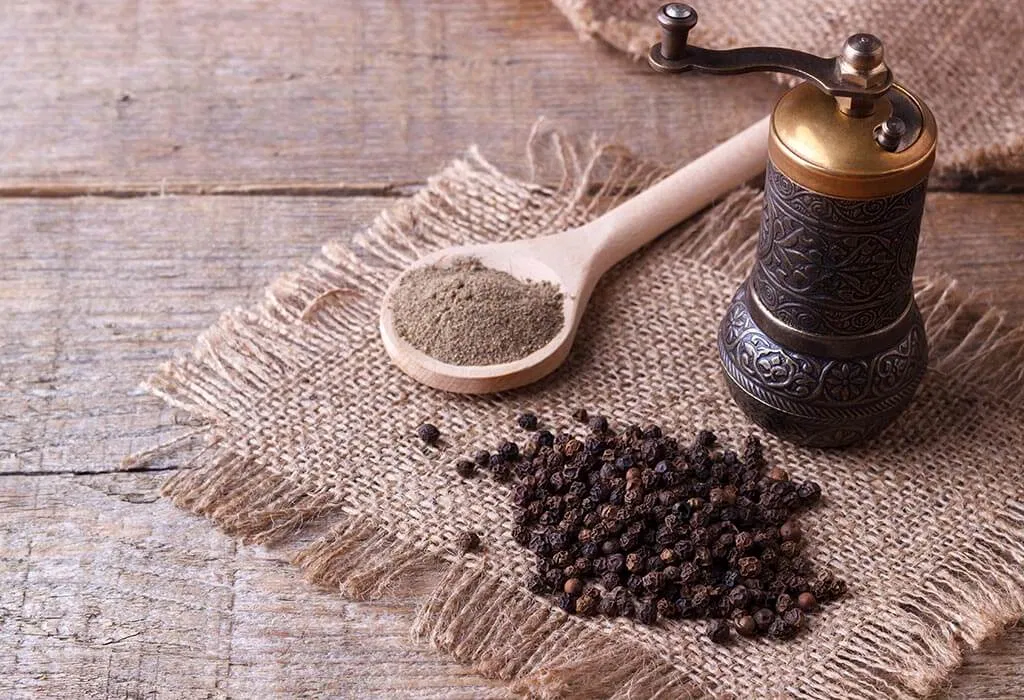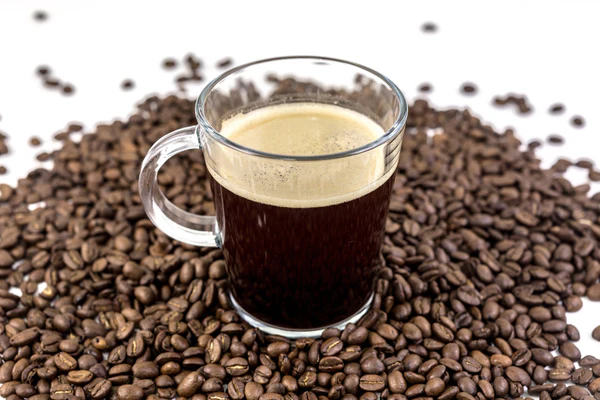The Dark Side of Tulsi: Common Side Effects You Should Know
Side Effects Of Consumption Tulsi( Holy basil): Tulsi, also known as holy basil, is considered an important herb in Ayurvedic medicine. Its leaves have been used for centuries for their medicinal properties. It is considered an adaptogen. The properties in basil strengthen the immune system and improve overall health. People typically consume basil by chewing its leaves, as herbal tea, or as supplements. People consume it daily, believing it to be safe, but for some, it can be very harmful. Eating basil leaves can cause a number of serious health problems.
Harmful Effects of Basil (Tulsi) Leaves
Although basil (tulsi) is valued in Ayurveda for its medicinal properties and immune-boosting benefits, excessive or improper consumption can cause certain health risks — especially for people with specific medical conditions or those taking regular medications. Below are some of the major harmful effects:
1. Low Blood Sugar (Hypoglycemia)
Basil naturally helps reduce blood sugar levels, which can be beneficial for diabetic patients. However, when consumed in large quantities or combined with diabetes medications like insulin or metformin, it can cause blood sugar to drop too low — a condition known as hypoglycemia. This can lead to symptoms such as dizziness, weakness, sweating, and confusion.
2. Blood-Thinning Effect
Compounds in basil, including eugenol, have mild blood-thinning properties. While this may benefit heart health in small amounts, it can be dangerous for people taking anticoagulant or antiplatelet medications such as warfarin, aspirin, or clopidogrel. Overconsumption may increase the risk of excessive bleeding or easy bruising.
3. Digestive Problems
For some individuals, consuming too many basil leaves can irritate the stomach and lead to digestive discomfort. Common symptoms include nausea, bloating, gas, diarrhea, or an upset stomach. This usually occurs when basil is consumed in concentrated forms or in large quantities.
4. Hormonal Imbalance
Basil may influence hormone levels in the body. In women, it can interfere with menstrual cycles and fertility, while in men, excessive intake has been linked to a reduction in sperm count. People with hormone-sensitive conditions or couples trying to conceive should be especially cautious about consuming basil in large amounts.
5. Negative Effect on Thyroid Function
Some studies suggest that basil can lower thyroid hormone levels, particularly thyroxine (T4). This may worsen hypothyroidism in people who already have low thyroid function. Those diagnosed with thyroid issues should consult a doctor before adding basil supplements or extracts to their routine.
While basil (tulsi) offers many health benefits when consumed moderately, excessive intake or combining it with certain medications can lead to serious side effects. People with diabetes, thyroid disorders, hormonal issues, or those taking blood thinners should use basil with caution and always seek medical advice before regular or heavy use.
ALSO READ:





